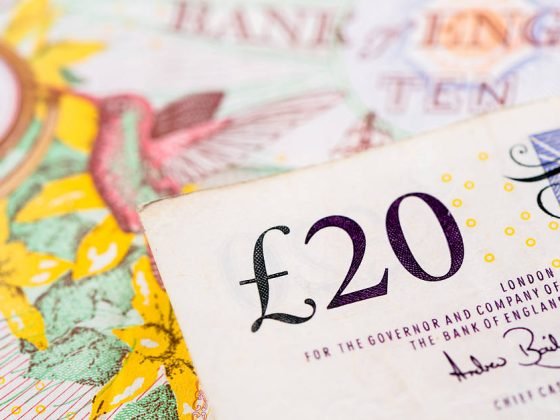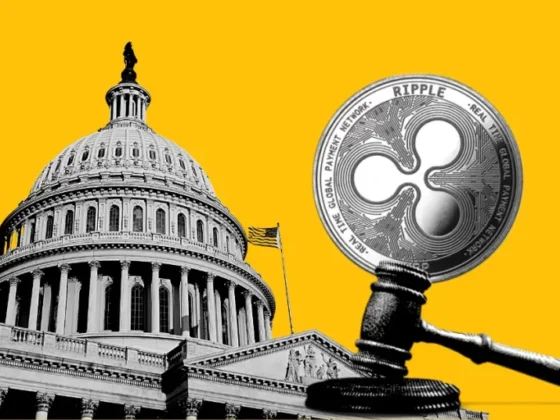
- The Supreme Court of Panama will determine if the crypto bill passed last year is approved or declared unenforceable.
- President Cortizo previously submitted the bill for review in January, claiming it was anti-constitutional.
- If approved, Bill No. 697 will allow citizens of Panama to use cryptocurrencies for any commercial or civil transaction.
The future of Panama’s cryptocurrency industry is now in the hands of its Supreme Court as the “crypto bill” passed last year is being reviewed. President Laurentino Cortizo submitted the bill for review on January 26th, claiming it goes against the constitution and cannot be enforced.
Now, the Supreme Court must rule whether to approve Bill No. 697 with modifications or declare it unenforceable.
According to an official release from the Government of Panama, the bill was first approved by the National Assembly on October 28th and passed on to the President’s office on January 18th.
Later, the president’s office declared articles 34 and 36 of the bill to be unenforceable due to their infringement on the separation of powers principle and the creation of administrative structures within government.
President Cortizo maintained that the bill’s passage was flawed and cited his partial veto in June as evidence. He argued that the bill required further refinement to meet the regulations recommended by the Financial Action Task Force for better fiscal transparency and anti-money laundering measures.
A disagreement between Panama’s National Assembly and the government revolves around this bill. In April, the assembly approved a bill aimed at regulating cryptocurrencies, including Bitcoin, in Panama. President Cortizo later expressed his opposition to signing the bill unless it incorporated additional Anti-Money Laundering regulations.
The bill was introduced in September 2021 with the aim of aligning the country with the digital economy, blockchain, crypto assets, and the internet. On April 21, it was advanced from the Economic Affairs Committee and subsequently passed.
The legislation permits Panamanians to use cryptocurrencies such as Bitcoin and Ethereum as a payment option for any commercial or civil transaction. The bill also regulates the tokenization of precious metals and the issuance of digital value. The government’s innovation authority will investigate the digitization of identity using blockchain technology.











